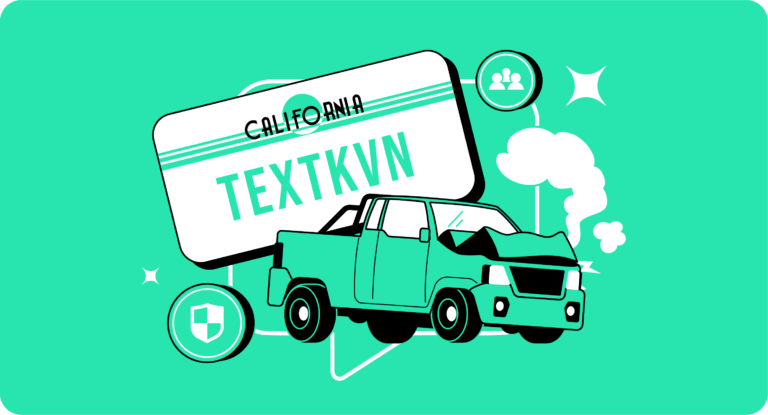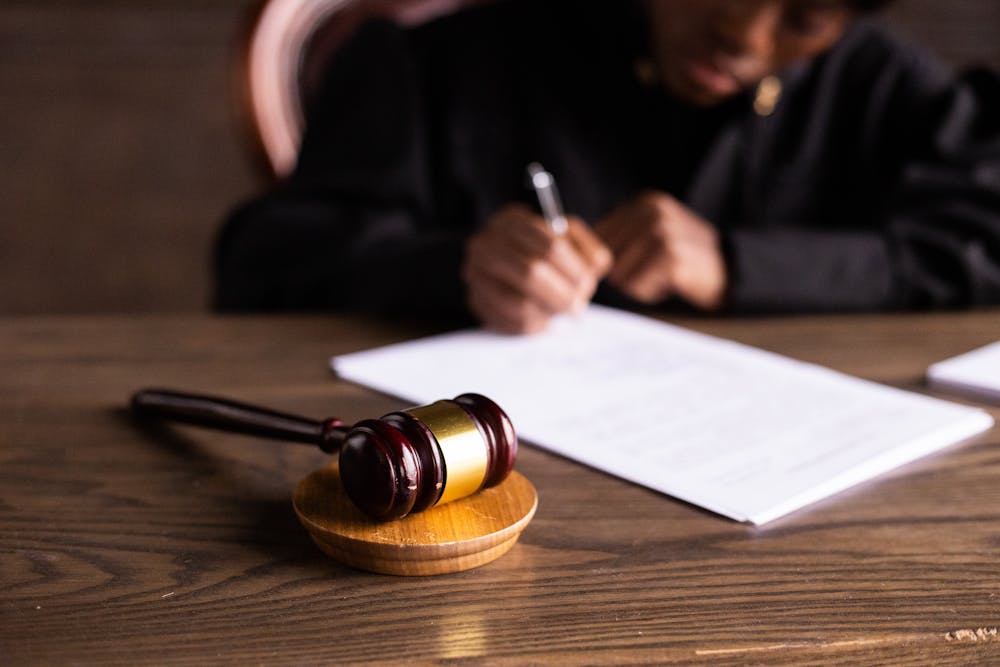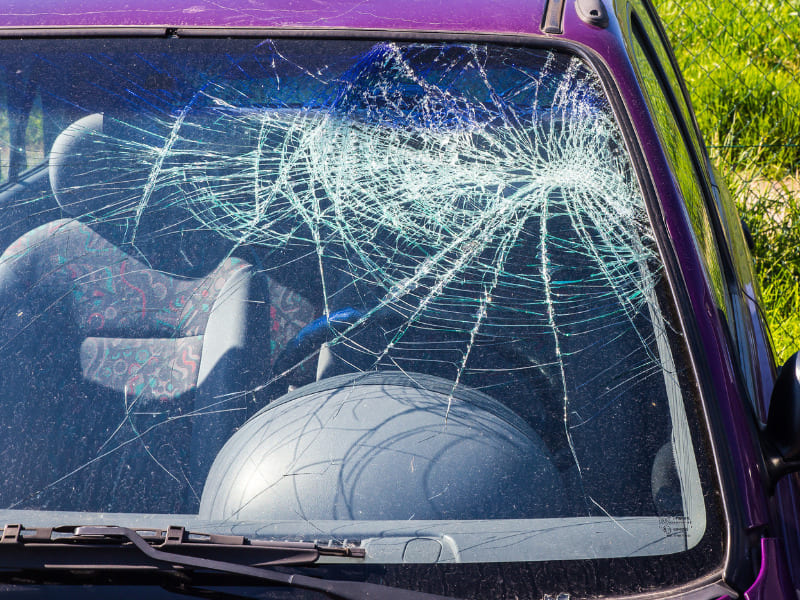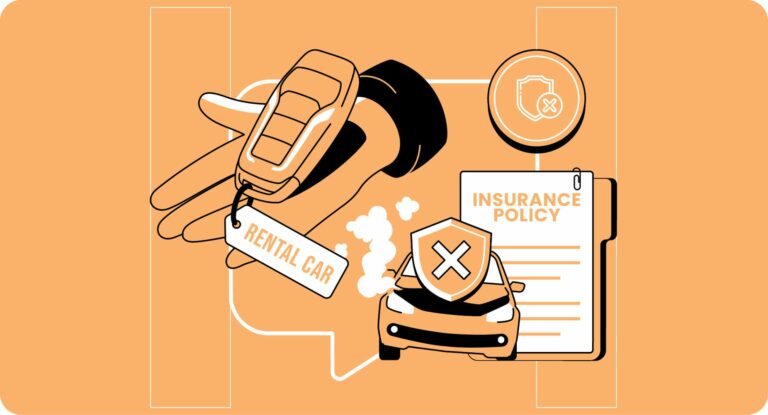In the bustling state of California, leasing a car has become an increasingly popular option for many residents. The allure of driving a newer model without the long-term commitment of ownership can be tempting. However, with the convenience of leasing comes a set of complexities, especially when accidents occur. What happens if you get in an accident with a leased car? How does it differ from an accident with a car you own outright? And more importantly, what are the financial and legal implications you might face? This article aims to shed light on these questions, providing clarity for those who have chosen the leasing route and find themselves in the unfortunate situation of a vehicular accident. As we delve deeper, we’ll explore the intricacies of insurance requirements, fault determination, and the potential consequences that arise when a leased car is involved in a collision in California.
The Basics of Leasing a Car
Leasing a car is akin to renting an apartment. Instead of purchasing the vehicle outright, you enter into a contract with a leasing company to use the car for a specified period, typically ranging from two to four years. At the end of this term, you have the option to buy the car, return it, or lease a new one.
There are several reasons why Californians opt to lease:
- Up-to-date Models: Leasing allows drivers to enjoy the latest car models with advanced features without committing to a long-term purchase.
- Lower Monthly Payments: Generally, leasing a car results in lower monthly payments compared to buying a car with a loan. This is because you’re only paying for the vehicle’s depreciation during the lease term, not its entire value.
- Warranty Coverage: Most leased cars come with a manufacturer’s warranty that covers major repairs, offering peace of mind to the lessee.
- Flexibility: At the end of the lease term, drivers have the flexibility to switch to a newer model, purchase the leased vehicle, or simply walk away.
However, while leasing offers several benefits, it also comes with responsibilities. One of the primary concerns is understanding the insurance implications, especially when accidents occur. As we’ll discover in the subsequent sections, the aftermath of an accident with a leased car can be quite different from that of a car you own.
Insurance Requirements for Leased Cars in California
Navigating the world of auto insurance can be complex, and when it comes to leased cars, there are specific requirements that lessees must be aware of. In California, the law mandates certain minimum insurance coverages for all drivers, but leasing companies often have their own set of stipulations that go beyond the state’s requirements.
State-Mandated Minimums
California requires drivers to carry liability insurance with at least:
- $15,000 for injury/death to one person.
- $30,000 for injury/death to more than one person.
- $5,000 for damage to property.
Leasing Company Requirements
Most leasing companies in California will require lessees to carry:
- Collision Coverage: This covers damages to the leased vehicle in the event of an accident, regardless of fault.
- Comprehensive Coverage: This protects against damages not caused by collisions, such as theft, vandalism, or natural disasters.
- Higher Liability Limits: Leasing companies often require liability coverage limits that are higher than the state minimums, typically around $100,000 per person and $300,000 per accident.
Gap Insurance
While not always mandatory, it’s highly recommended for lessees. Gap insurance covers the difference between what you owe on the lease and the car’s actual cash value in the event it’s totaled or stolen.
It’s crucial for lessees to review their lease agreement carefully and ensure they meet both the state and leasing company’s insurance requirements. Failing to maintain the proper insurance can lead to significant financial penalties and potential legal complications.
What Happens If You Total a Leased Car in California?
Experiencing a car accident can be traumatic, and the situation becomes even more complex when the vehicle involved is leased. “Totaling” a car means that the cost of repairs exceeds a certain percentage of the car’s value, typically around 70-75%. When a leased car is totaled in California, several steps and considerations come into play:
- Insurance Assessment: After the accident, the insurance company will evaluate the damage to determine if the car is a total loss. If it’s deemed totaled, the insurance company will pay the claim based on the car’s actual cash value (ACV) at the time of the accident.
- Payout to the Leasing Company: The insurance payout typically goes directly to the leasing company since they are the actual owners of the vehicle. The amount paid is the car’s ACV, which might be less than what you owe on the lease.
- Gap Insurance Comes into Play: If there’s a difference between the ACV and the remaining balance on the lease (which is quite common), gap insurance will cover this “gap”. Without gap insurance, the lessee would be responsible for paying this difference out of pocket.
- End of Lease: Once the insurance claim is settled, the lease effectively ends. However, if you still had time remaining on your lease, you might face early termination fees. It’s essential to review your lease agreement to understand any potential penalties.
- Future Leasing Decisions: After the settlement, lessees can decide whether they want to enter into a new lease agreement, purchase a vehicle, or explore other transportation options.
It’s worth noting that totaling a leased car can also impact your future insurance premiums, even if you weren’t at fault. Insurance companies often view drivers involved in total loss incidents as higher risk, which can lead to increased rates.
Who Gets the Insurance Check When a Leased Car is Totaled?
When an accident results in a leased car being declared a total loss, one of the immediate concerns is the insurance payout. Given that a leased car is technically owned by the leasing company, the process differs from that of a car you own outright.
- Direct Payment to the Leasing Company: In most cases, the insurance company will send the payout directly to the leasing company. This is because the leasing company holds the title to the vehicle, making them the rightful recipient of any compensation related to its loss.
- Determination of Payout Amount: The insurance company calculates the payout based on the car’s actual cash value (ACV) at the time of the accident. This value considers factors like the car’s age, mileage, and overall condition.
- Gap Coverage: If the ACV is less than the remaining balance on the lease, the difference is where gap insurance becomes crucial. Gap insurance will cover this disparity, ensuring the leasing company receives the full amount owed. Without gap insurance, the lessee would be on the hook for this difference.
- Personal Property and Deductibles: It’s essential to note that personal items damaged or lost in the accident are not covered by the vehicle’s insurance. Lessees would need to claim these under their homeowner’s or renter’s insurance. Additionally, lessees are still responsible for paying any applicable deductibles, even if the insurance check goes directly to the leasing company.
Understanding the flow of insurance money in the aftermath of an accident with a leased car is crucial. It helps lessees prepare for any financial responsibilities and ensures a smoother transition out of the lease agreement.
Does Leasing a Car Cover Damage?
One of the common misconceptions about leasing a car is the assumption that any damage to the vehicle will be automatically covered by the leasing company. In reality, while leasing agreements do come with certain protections, they don’t absolve the lessee from all responsibilities related to damages.
- Wear and Tear: Leasing agreements typically allow for “normal wear and tear” on the vehicle. This might include minor dings, scratches, and other small damages that occur through regular use. However, what’s considered “normal” can vary between leasing companies, so it’s essential to understand your lease’s specific terms.
- Significant Damages: If the car sustains significant damage, such as a large dent or a shattered window, the lessee is generally responsible for getting it repaired. If you return the car at the end of the lease term with these damages unaddressed, you could face hefty fees.
- Total Loss: As discussed in previous sections, if the leased car is totaled in an accident, the insurance payout goes to the leasing company. However, if the payout doesn’t cover the remaining balance on the lease, the lessee might be responsible for the difference unless they have gap insurance.
- Maintenance and Repairs: Regular maintenance, like oil changes and tire rotations, is the responsibility of the lessee. Failure to maintain the car as per the manufacturer’s recommendations can result in penalties when the lease ends.
- Insurance: While the leasing company might require specific insurance coverages, such as comprehensive and collision, it’s up to the lessee to ensure they have these coverages in place. The insurance will be the primary source of funds for repairs after accidents or other damages.
In essence, while leasing a car does come with certain protections, it’s not a blanket coverage for all types of damage. Lessees need to be proactive in understanding their responsibilities and ensuring they meet the terms of their lease agreement to avoid unexpected costs.
Addressing Fault: What If the Accident Wasn’t Your Fault?
In the aftermath of a car accident, determining fault is a critical aspect that can significantly influence the financial and legal implications, especially when the vehicle involved is leased. In California, a “fault” state, the driver deemed at fault is responsible for the damages. But what happens when you’re not at fault in an accident involving a leased car?
- Insurance Claims: If another driver is at fault, their insurance should cover the damages to your leased vehicle. You’d typically file a third-party claim with the at-fault driver’s insurance company. This process can sometimes be more time-consuming, as you’re dealing with an external entity.
- Deductibles: Even if you’re not at fault, you might initially have to pay your deductible if you decide to file a claim with your insurance while waiting for the at-fault party’s insurance to process the claim. However, once the other insurance accepts liability, you should be reimbursed.
- Total Loss and Gap Insurance: As previously discussed, if the leased car is totaled, the insurance payout might not cover the remaining balance on the lease. Even if you’re not at fault, without gap insurance, you could be responsible for this difference. However, the at-fault party’s insurance might cover this gap in some cases.
- Rental Cars: If your leased vehicle requires repairs and you’re not at fault, the at-fault driver’s insurance might cover the cost of a rental car for you during the repair period.
- Protecting Your Rights: It’s essential to gather evidence at the accident scene, such as photos, witness statements, and police reports, to support your claim that you weren’t at fault. This evidence can be invaluable when dealing with insurance companies.
- Seeking Legal Counsel: In situations where fault is disputed or if you face challenges getting fair compensation, it might be beneficial to consult with a skilled car accident attorney. Firms like the Crockett Law Group specialize in such cases and can provide guidance on the best course of action.
Understanding the nuances of fault and its implications can help lessees navigate the often-complex aftermath of an accident with a leased car, ensuring they’re adequately protected and compensated.
FAQs
What happens if I get into an accident with my leased car and it’s my fault?
While the specifics can vary based on your lease agreement and insurance policy, generally, if you’re at fault, your insurance will cover the damages up to your policy limits. You’ll be responsible for any deductibles and potential costs that exceed your coverage. If the car is totaled, you might owe the difference between the car’s actual cash value and the remaining balance on your lease unless you have gap insurance.
Do I need special insurance for a leased car in California?
Yes, in addition to the state-mandated minimums, most leasing companies require you to have comprehensive and collision coverage. They may also require higher liability limits than the state minimums. It’s crucial to check with your leasing company for specific insurance requirements.
Can I end my lease early if my leased car is totaled?
If your leased car is totaled, the lease effectively ends once the insurance claim is settled. However, you might face early termination fees or other costs, especially if the insurance payout doesn’t cover the remaining balance on the lease. It’s essential to review your lease agreement for details.
What is gap insurance and why is it important for leased cars?
Gap insurance covers the difference between the actual cash value of the car and the remaining balance on your lease. It’s especially important for leased cars because cars depreciate quickly, and you might owe more on the lease than the car is worth, especially early in the lease term.
If the accident wasn’t my fault, do I still need to inform my leasing company?
Yes, it’s essential to inform your leasing company of any accidents, regardless of fault. They have a vested interest in the car and need to be aware of any damages or changes to its condition.
Conclusion
Navigating the complexities of an accident involving a leased car can be daunting. From understanding insurance requirements to addressing fault and potential financial implications, there’s a lot to consider. However, with the right knowledge and preparation, lessees can ensure they’re well-equipped to handle such situations and protect their interests.
It’s always advisable to review your lease agreement thoroughly, maintain the necessary insurance coverages, and be proactive in understanding your responsibilities. And remember, accidents can be unpredictable, but how you respond makes all the difference.
If you ever find yourself in a situation where you’ve had an accident with a leased car and are unsure of the next steps, seeking advice can be invaluable. The Crockett Law Group is here to help. With a deep understanding of the intricacies of car accidents involving leased vehicles, they can guide you through the process and ensure your rights are protected. Don’t hesitate to reach out at (800) 900-9393 for assistance.










